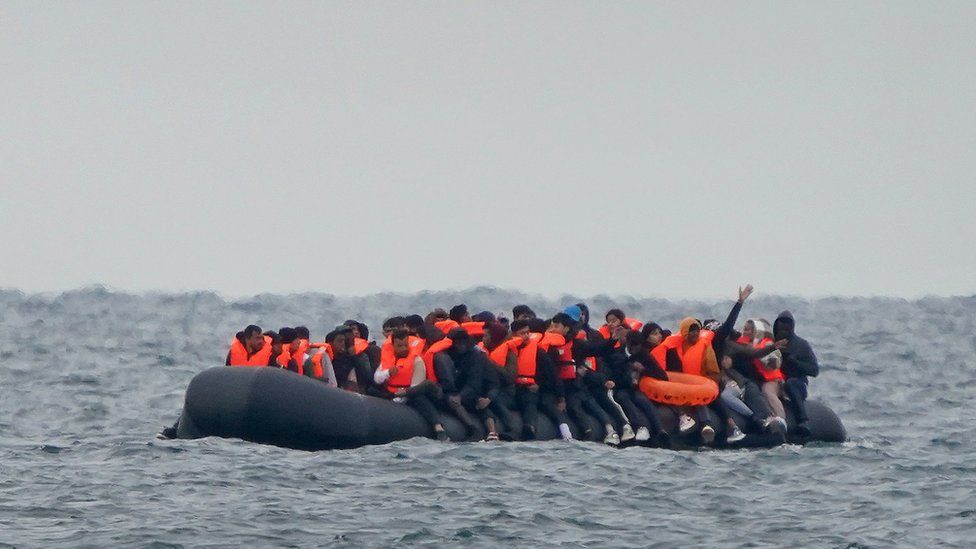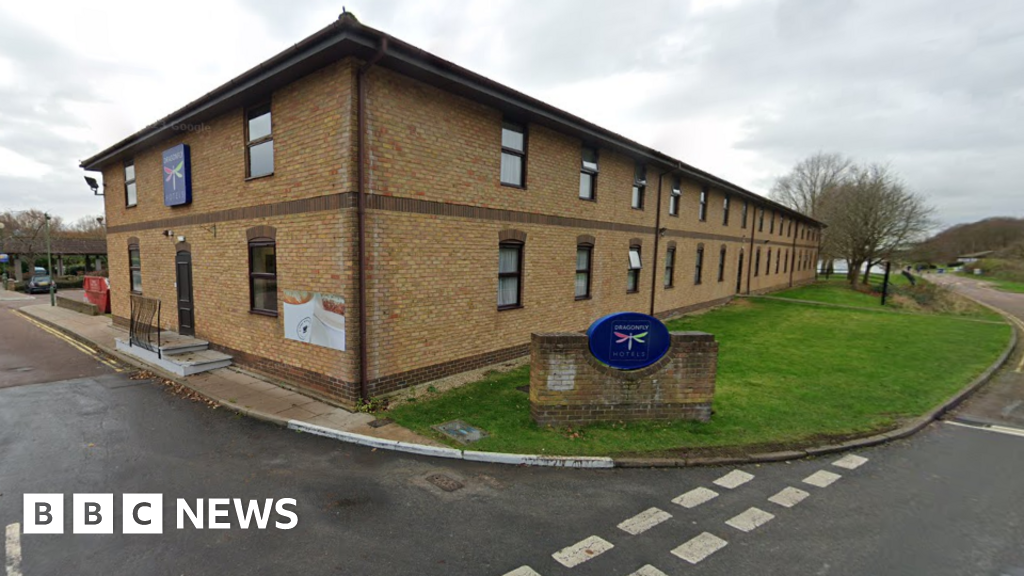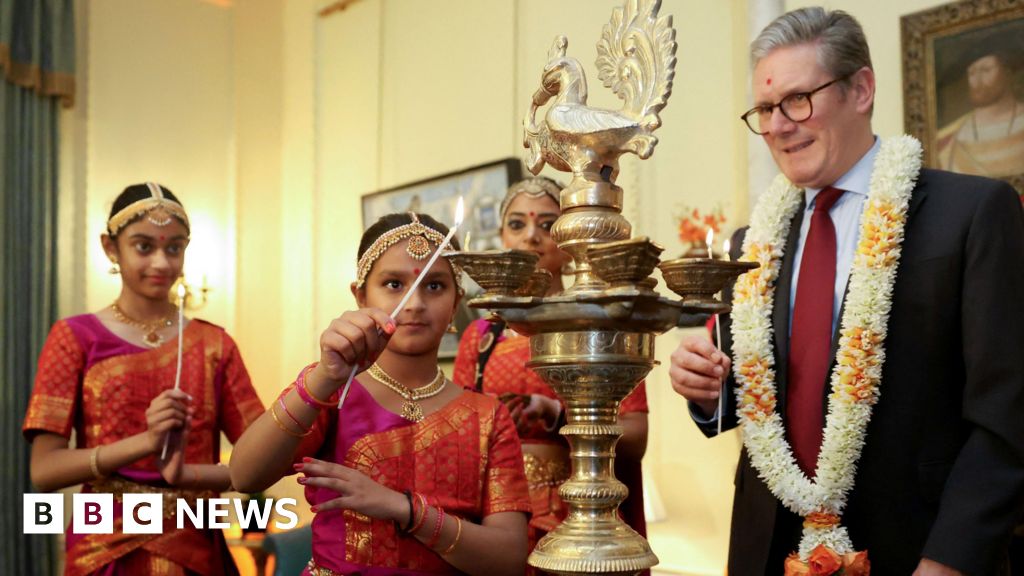ARTICLE AD BOX
 Image source, PA Media
Image source, PA Media
By Joshua Nevett, political reporter & Henry Zeffman, chief political correspondent
BBC News
Defence Secretary Grant Shapps has said he is confident the UK government's plan flagship Rwanda asylum scheme will be supported by MPs.
Mr Shapps urged MPs to back a new law aimed at overcoming legal hurdles to the scheme in a key vote on Tuesday.
Tory MPs from different factions are divided over the bill and are considering whether to vote for it.
A rebellion could sink one of Prime Minister Rishi Sunak's main policies and seriously weaken his authority.
In an interview with the BBC, Mr Shapps denied Mr Sunak's leadership was in "chaos" over the Rwanda policy.
The defence secretary said he had "no doubt at all" the legislation would pass in the House of Commons, where the Conservatives have a majority.
But he said the bill could get "tripped up" by Labour and Liberal Democrat peers in the House of Lords, at a later stage in the process.
And he said the legislation would prevent most attempts in the courts to avoid being sent to the African nation, after Home Office modelling suggested the majority of cases would fail on appeal.
Last week, the government introduced the legislation which would see people seeking UK asylum sent to Rwanda, after the policy was ruled unlawful by the Supreme Court last month.
The legislation seeks to declare in UK law that Rwanda is a safe country, with a view to stopping flights being grounded on legal grounds.
The Rwanda policy is part of the government's plan to deter migrants from crossing the Channel in small boats.
Mr Sunak has said "stopping the boats" is one of five main priorities, after a record 45,774 people made the journey last year.
Although there has been a dip in crossings this year so far, the issue is expected to loom large ahead of the next general election.
The Rwanda bill has split Conservative MPs, whose support Mr Sunak will need to ensure the bill passes its first parliamentary stage this week.
Some liberal Conservative MPs have argued the bill risks breaching the UK's international legal obligations towards refugees.
But other Tories on the right of the party say the bill will continue to be bogged down by legal challenges.
Brexit-backing MPs from the European Research Group and other like-minded factions are due to hold a summit, where veteran MP Sir Bill Cash will present the findings of his so-called "star chamber" of lawyers.
But Sir Bill has already signalled the lawyers do not believe the proposed law will get the Rwanda scheme up and running.
The more centrist One Nation Conservatives will hold a separate evening meeting in Parliament before releasing a statement on their judgment.
Charm offensive
Ahead of the vote, the government has been circulating modelling showing the projected effects of the Rwanda bill.
According to Home Office modelling conducted earlier this year, 90% of those appealing against deportation to Rwanda would see their appeals rejected by the government between 10 and 12 days after arriving in the UK because they would fail to provide evidence they face serious harm if deported to the African country.
Of the 10% given permission to appeal to an immigration tribunal, only 5% would be expected to have their appeals accepted, with the rest sent to Rwanda, the model claims.
The projections are part of a document prepared by the Home Office in March during discussions about the illegal migration bill when Suella Braverman was home secretary and Robert Jenrick was immigration minister.
Both Mrs Braverman and Mr Jenrick now argue that Mr Sunak's emergency legislation does not go far enough.
In an interview with the BBC over the weekend, Mr Jenrick said Mr Sunak is making "a political choice" to revive Rwanda asylum scheme in a way that was unlikely to work.
The modelling, which has been seen by the BBC, was first reported by The Times.
The government will use the document to try to win over Conservative MPs concerned that under his plans there will be too many successful appeals.
But Mr Sunak's critics are likely to argue that the Supreme Court's ruling last month that Rwanda is an unsafe country for asylum seekers means the context has changed since the modelling was conducted, and more appeals would be successful.

 11 months ago
21
11 months ago
21








 English (US)
English (US)